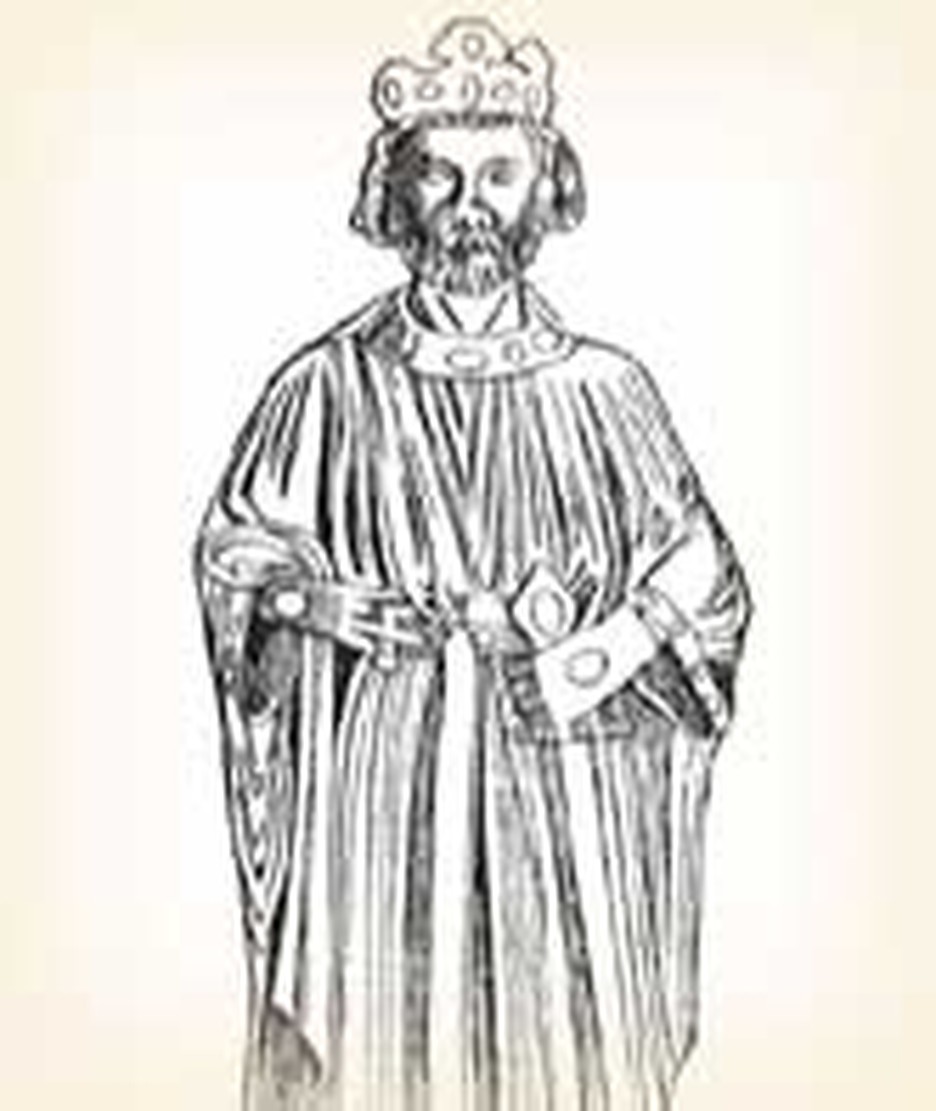
In English history no document has been as much of a foundation to civil rights as the Magna Carta. Archbishop Stephen Langton, a man so holy it was said he put all Rome to shame, was the document's main architect. At stake were issues of importance to both church and nobles.
England's barons were on the threshold of revolt against John, their high-handed King when Stephen Langton brought to their attention an old charter granted by Henry I. The archbishop and the nobles amplified the principles in Henry's charter and presented their Great Charter to King John at the field of Runnymead on this date, June 15, 1215, where he grudgingly sealed it.
Langton had every inducement to resist the king. Not only had John refused him his seat at Canterbury, but he had driven Langton's friends and family into exile. When excommunication finally brought John to heel and Langton to Canterbury, the archbishop had little liking for the tyrant.
By throwing his influence behind John's rebel barons, Langton increased their chance of success. Scholars have grumbled that Magna Carta placed undue emphasis on concerns of the church and knights. There is something to that complaint. The very first "chapter" says, "In the first place [we] have granted to God and by this our present Charter have confirmed, for us and our heirs in perpetuity, that the English church shall be free, and shall have its rights undiminished and liberties unimpaired ... ."
However, Magna Carta's two most lasting provisions have benefited untold millions of commoners. These are trial by a jury of one's peers and a prohibition against new taxes without the permission of national representatives. Implied was the authority of the barons to check a king, an idea which led to modern parliaments. The monarchy was not absolute.
Runnymead was not the end of the story. John, loathe to yield even a fraction of his power, appealed to the pope, promising to become his vassal. The pope voided Magna Carta. The barons persisted, however, and within two years a newer version was approved.
Henry III accepted and reissued the Magna Carta, making it law. After that, kings on their accession were often made to swear to uphold the provisions of the charter. Existing manuscripts vary in wording. Argument exists as to which is the most authoritative.
Bibliography:
- Barry, William. Story of the Nations: Papal Monarchy. Putnam, 1902. Source of the image.
- Holt, James C., Editor. Magna Carta and the Idea of Liberty. New York: John Wiley & Sons, 1972.
- Howard, A. E. Dick. Magna Carta; text and commentary. Charlottesville: University Press of Virginia, 1964.
- "John" and "Langton, Stephen." Dictionary of National Biography. Edited by Leslie Stephen and Sidney Lee. London: Oxford University Press, 1921 - 1996.
- Various encyclopedia articles on King John, Stephen Langton, and Magna Carta.
Last updated April, 2007.


